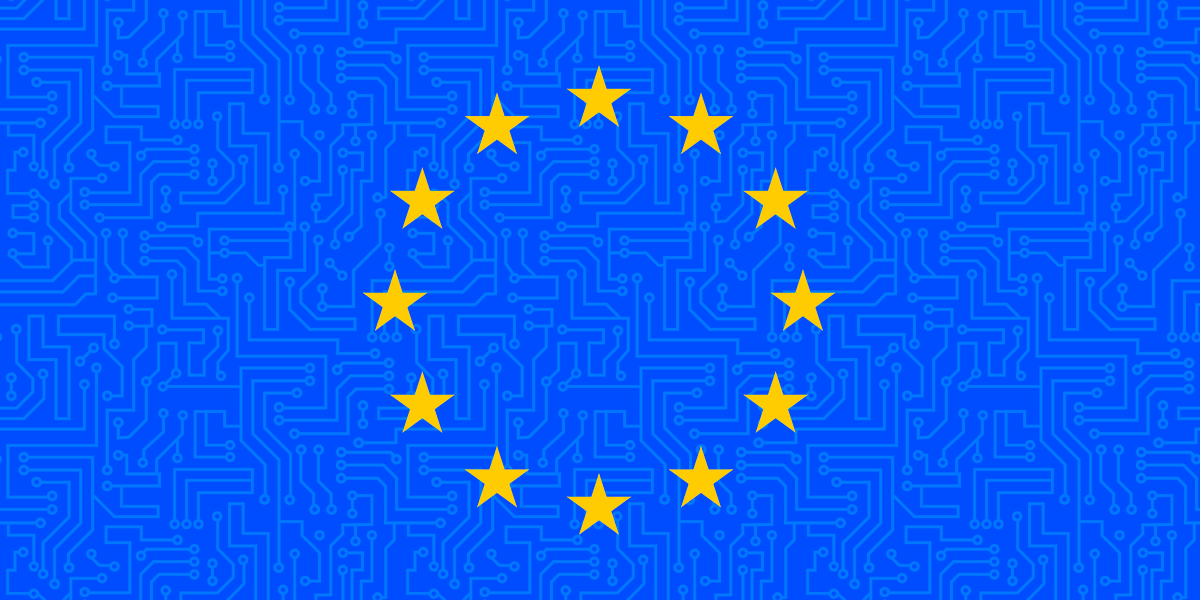After the European Commission held a public consultation on whether they should adopt what they call a “fair share” proposal, they unfortunately voted to move forward with this dangerous plan. This proposal is nothing but a network usage fees regime, which would force certain companies to pay internet service providers (ISPs) for their ability to deliver content to consumers. This idea not only hurts consumers, but also breaks a status quo that facilitated and continues to facilitate the rapid spread of the global internet.



I agree with you on the point, but this is a terrible example, as the government does in fact charge cinemas for infrastructure use through property taxes.
I wouldn’t go that far, recent regulation is very hit or miss with this and Chat Control. That said, it’s not like the US has a better track record either.
What’s the problem with forcing standard formats on phone chargers?
The USB C thing is daft because we already had a de facto standard. All smartphones connected to a USB-A charger. Requiring USB-C forevermore stifles innovation for whatever in time would supersede USB-C.
There’s also the small matter or ewaste. Mandating that the phone end must be USB-C but saying nothing of the charger end has ended up with most OEMs interpreting it as USB-C both ends. So people are either getting cables that don’t work with their chargers which get wasted or they go buy new chargers causing their old ones to be waste.
As an aside lightening is also a more physically robust design (setting aside transfer speeds etc… which mean nothing to most users), so kinda sucks that all phones will be required to have the tongue-in-port design which is a weak point.
I also wonder when Apple will stick two fingers up at this and go portless and just have wireless, which Androids would then copy, then we’re in a far worse place heh.
Great intentions, execution that delivers little to benefit or, at worst, detriment.
Fair point on the cinema example - didn’t think that one through!
USB-A is one-sided, unlike USB-C, so you can’t do direct data transfers between two devices with USB-A ports. It’s much slower too. Electronic waste is not ideal but it has to happen for a large-scale hardware upgrade. I try to reduce it by recycling my USB-A bricks and cables.
I also cannot understand why, unless you use Apple devices exclusively, you would be happy that one company’s series of devices has to use a completely unique charging system from every other device in the world. I don’t care if Lightning is better when it’s proprietary. If Apple “sticks two fingers up” and doesn’t integrate USB-C charging into the iPhone 15, I won’t be buying another device from them, because I’m tired of having to carry two different cables around - one USB-C for my laptop, Android phone, power bank, speaker and other devices, and one Lightning charger for nothing else but the damn iPhone.
The law that requires phones to use USB-C, does not say it will last forever. In fact, the update to USB-C proves that they look for new technologies and update the law once such a thing is needed. Maybe now people have to buy new chargers, but in the long term, keeping chargers the same will reduce e-waste as people can use USB-C to charge many devices. You can charge your MacBook and smartphone with the same charger because of USB-C and the USB power delivery specification.
But the Fair Share part is a bit weird, consumers already pay for the network. But often they don’t pay for the amount of data that they use. It would make more sense to just charge users again based on their network usage, but I understand that that would be highly unpopular. In the end, someone has to pay for all the traffic though.
Everyone does already, though. The end-user pays for their internet access (which includes the data that can flow over the bandwidth they purchased; sometimes also limited to a certain maximum amount per month) and the content provider already pays for their internet access as well - which is part of their datacenter costs. And providers pay for the peering between them as well. So the whole chain from content provider to enduser is already fully paid. There is no “unfair” onesided disadvantage or advantage here.
That’s my point… we already could charge many devices from the chargers we had
Yeah and most people have USB-C chargers nowadays. It will just get rid of other connector forms and going forward unify it. It’s awesome.
If you are a heavy Apple user that might be annoying for you. But in the gran scheme of things that’s the minority.